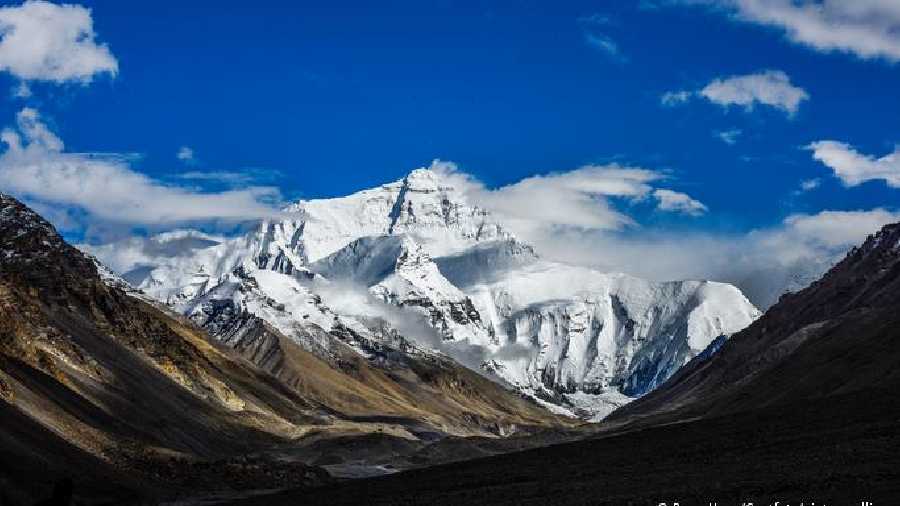“Somewhere between the bottom of the climb and the summit,” a famous climber had once mused, “[lies] the answer to the mystery why we climb.” The search for this mystery has been drawing climbers — experts and laymen alike — to scale the great heights since yore. But there is, now, a problem: these days, there seems to be too many of these mystery-seekers up there. K2, the world’s second highest peak, witnessed an avalanche of visitors recently, on account of the convergence of a number of factors. The weather was unexpectedly temperate; the relaxation of Covid-related norms made it easier for climbers to gain permits whose fee forms an important source of business in Pakistan and in Nepal, home to K2’s elder brother, the Everest, which, like its sibling, had witnessed a ‘traffic jam’ of mountaineers the year before the pandemic. Then, there is, as always, the enduring pull of the highest peaks, a magnetism that, while apparent, is difficult to describe.
But there is rising concern that this mystical pull factor is leading to the congregation of an unsustainable number of visitors, pushing both men and the mountains towards catastrophe. For instance, congestion on the climbing route slows mountaineers down, forcing them to use up larger quantities of such precious resources as oxygen and energy as the wait gets longer, imperilling their lives. The mountains suffer too. The Everest, for instance, has been described, not without reason, as the world’s highest garbage dump. Microplastic has been discovered near its peak. As if that is not worrying enough, climbers, porters, trekkers, tourists are leaving a rather sorry trail on the snow — garbage comprising empty oxygen cylinders, abandoned tents, used containers, bio waste, and, occasionally, even the corpses of fallen climbers. In 2019, 11,000 kilogrammes of garbage were removed from the heights.
Along with the terrain, something else is changing on account of this mad rush — the philosophy of climbing mountains. There was a time when cultures and climbers revered mountains and mountaineering as a philosophical engagement. For some, conquering the peaks may have meant glory for personhood and Empire, but this glory, it was acknowledged, was all too fleeting given the fatality rate among climbers. Many others viewed this vocation as a form of deeper communion, with nature and self. It gave these men and women the heady taste of stretching the boundaries of human endurance. But it also inculcated in the tribe a sense of deep respect for forces — natural and spiritual — that are far more formidable than the human spirit and body. This deeper, cerebral perspective, it is being feared, is being eroded by the market’s encroachment on the mountain. Mountaineering is a prohibitively expensive endeavour. Yet, its popularity transcends the barriers of class and wealth. The democratisation of mountaineering has, unfortunately, not been accompanied by the dissemination of the philosophical bent of mind. The resultant weakening of reverence for natural landscapes has led to their commodification. Does, then, the modern lust for conquering the great heights reveal baser elements of humanity?










